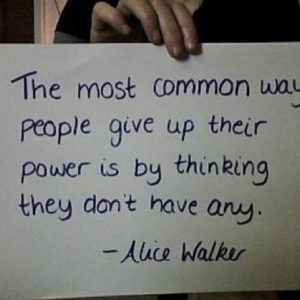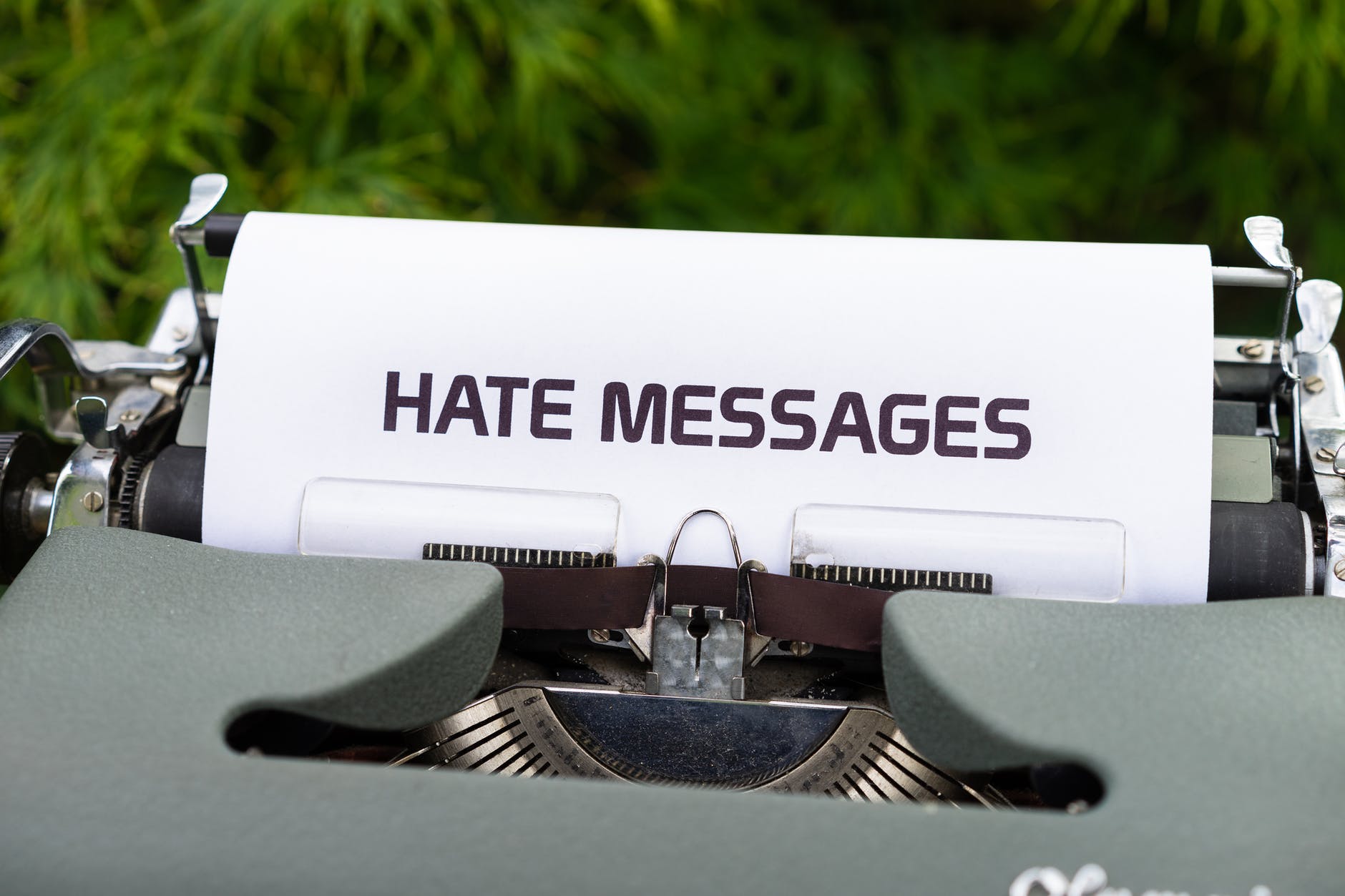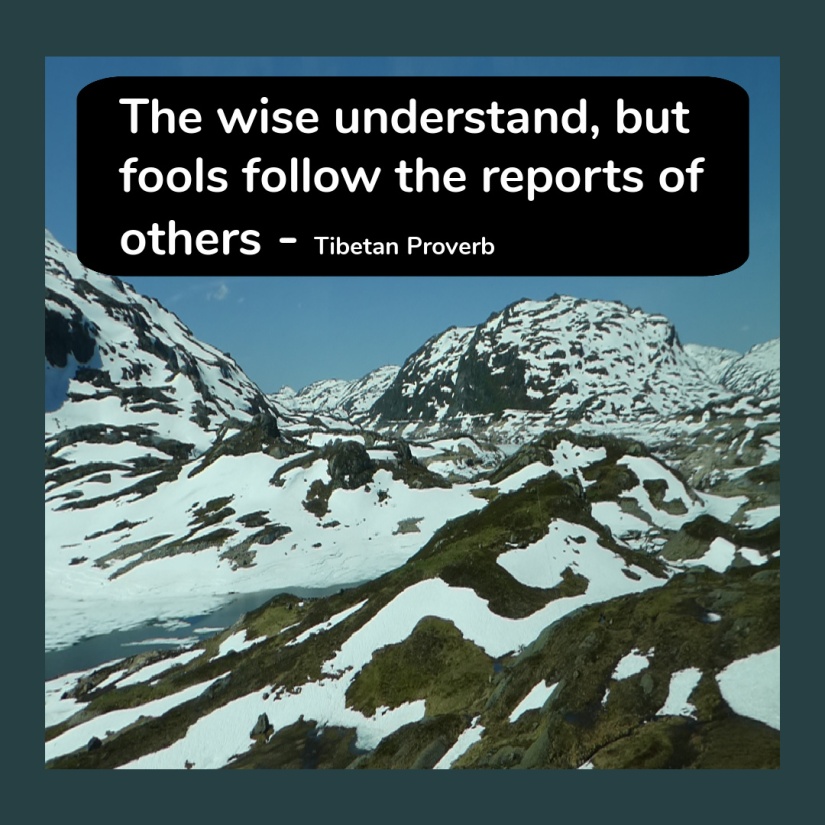Socialising does not come easily for everyone. As hard as they try….
For some people, social anxiety and harassment comes hand in hand and bullying can take place at school, home and in the workplace. How they cope or don’t cope with it, can have a huge impact on their lives. My son is still working through some of these issues. Prevention of harassment and bullying or treating self-esteem issues or negative thinking/anxiety is not just about protecting the victims, or eliminating instances from occuring, through education, (although this is still important), but also should be about supporting a proactive approach rather than a re-active one. In every instance, it can be helpful to arm the victim with the right “cognitive tools” to cope with social anxiety and or harassment. Here is a few ideas about worrying about what others think of you. I found whilst browsing the web. They are not my original ideas, I have added to their insight from my experience.
Get comfortable with not knowing what other people think.
How much energy do you waste worrying about this? I’ve gradually learned to relax with simply not knowing what others think about me or my work. Sometimes I slip back and that part of my mind dwells on the negatives, but I now understand that the way we think determines our world, so I do everything I can to stop thinking that way.
Some problems in life, such as not knowing what others think of you, are not really meant to be resolved. How people perceive you may have more to do with them than you anyway. They may even like or dislike you simply because you’ve triggered an association in their minds by reminding them of someone they liked or disliked from their past, which has absolutely nothing to do with you.
So here’s a new mantra for you – say it, and then say it again: “This is my life, my choices, my mistakes and my lessons. As long as I’m not hurting people, I need not worry what they think of me.”
Know that most people are NOT thinking about you anyway.
Ethel Barrett once said, “We would worry less about what others think of us if we realized how seldom they do.” Nothing could be closer to the truth.
Forget what everyone else thinks of you; chances are, they aren’t thinking about you anyway. If you feel like they always are, understand that this perception of them watching you and critiquing your every move is a complete figment of your imagination. It’s your own inner fears and insecurities that are creating this illusion. It’s you judging yourself that’s the problem.
My experience: A lot of people are so self-absorbed that they have more important things in their life than to be thinking about you all the time.
Accept that someone else’s opinion is NOT your problem.
How many times have you looked at a person and initially misjudged their brilliance? Appearances are deceptive. How you seem to someone and how you actually are, is rarely congruent. Even if they get the basic gist of who you are, they’re still missing a big piece of the puzzle. What someone thinks of you will rarely contain the whole truth, which is fine.
If someone forms an opinion of you based on superficialities, then it’s up to them, not you, to reform those opinions based on a more objective and rational viewpoint. Leave it to them to worry about – that is, if they even have an opinion at all.
People will think what they want to think. No matter how carefully you choose your words and mannerisms, there’s always a good chance they’ll be misinterpreted and twisted upside down by someone. Does this really matter in the grand scheme of things? No, it doesn’t.
How others see you is not important. How you see yourself, means the world. When you’re making big decisions, remember, what you think of yourself and your life is more important than what people think of you. Stay true to YOU. Never be ashamed of doing what feels right. Decide what you think is right and stick to it.
Be fully present and aware of how you DO want to feel.
It’s OK to know how you do not want to feel, but that’s not all you should be thinking about. Imagine someone trying to learn to read by spending all their time focusing on how they do not want to not be able to read. It doesn’t really make any sense, does it?
Enough is enough! Forget what you do not want to feel for a moment. Work out how you DO want to feel right now in the present moment. Train yourself to live right here, right now without regretting how others once made you feel, or fearing the possibility of future judgment.
Speak and live your truth.
Speak your truth even if your voice shakes. Be cordial and reasonable, of course, but don’t tread carefully on every word you say. Push your concerns of what others might think aside. Let the consequences of doing so unravel naturally. What you’ll find is that most of the time no one will be offended or irritated at all. And if they do get upset, it’s likely only because you’ve started behaving in a way that makes them feel they have less power over you.
Think about it. Why be fake?
In the end, the truth usually comes out one way or the other, and when that happens, you’re standing alone if you’ve been living a lie. So live your whole truth starting now. If someone gives you a hard time and says, “You’ve changed,” it’s not a bad thing. It just means you stopped living your life their way. Don’t apologize for it. Instead, be open and sincere, explain how you feel, and keep doing what you know in your heart is right.
You cannot make someone respect you; all you can do is be someone who can be respected. The rest is up to them. No matter how much you care some people just won’t care back. It’s not the end of the world. At some point you have to realize the truth – that they no longer care or never did, and that maybe you’re wasting your time and missing out on someone else who does. (MarcandAngel.com)
A life spent ceaselessly trying to please people who, perhaps, are incapable of ever being pleased, or trying too hard to always be seen as doing “the right thing,” is a sure road to a regretful existence.
Do more than just exist. We all exist. The question is: Do you live?
I eventually realized existing without ever truly living was not what I wanted for myself. So I made changes If you are in the same place I once was, seeking approval from everyone for every little thing you do, please take this post to heart and start making changes today. Life is too short not to.
A Will Smith quote, “Stop letting people who do so little for you control so much of your mind, feelings, and emotions”
If you keep worrying about how the people in or out of your life don’t like you, you’ll miss those who are already in your life or who want to come into your life, the ones who, perhaps, can help you to the next level.
Once you stop caring about what others say about you, your life changes forever.
When people tease and or bait you the next time, look at them with a puzzled, sympathetic look and say, “Hmm, you must be so unhappy.” and walk away. They might be so surprised and embarrassed, they say nothing further. But if they pursue you, or try to argue with you, let them rant on while you have a bored expression on your face, and then say, “I see,” in a bored voice, and walk away. They’ll quit bothering you because you’re not reacting and staying cool and calm and – it makes them look foolish.
Some important life skills for all of us to ponder about.










